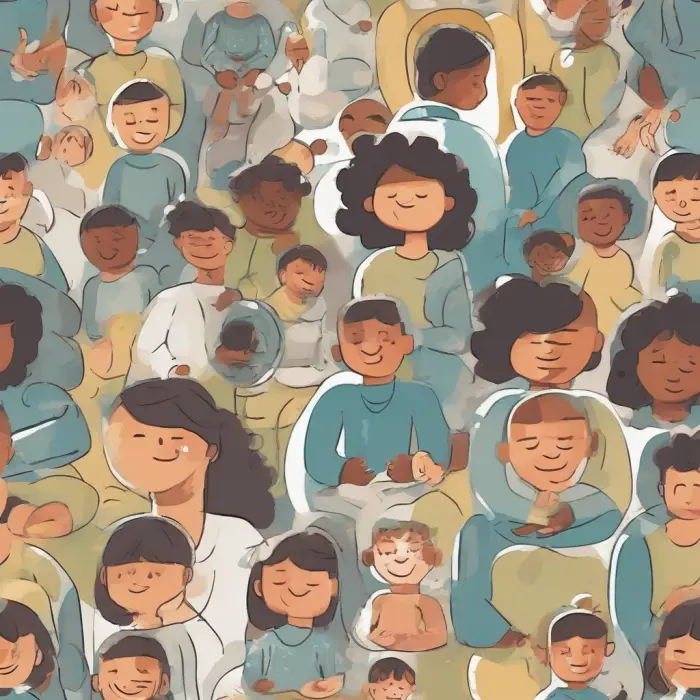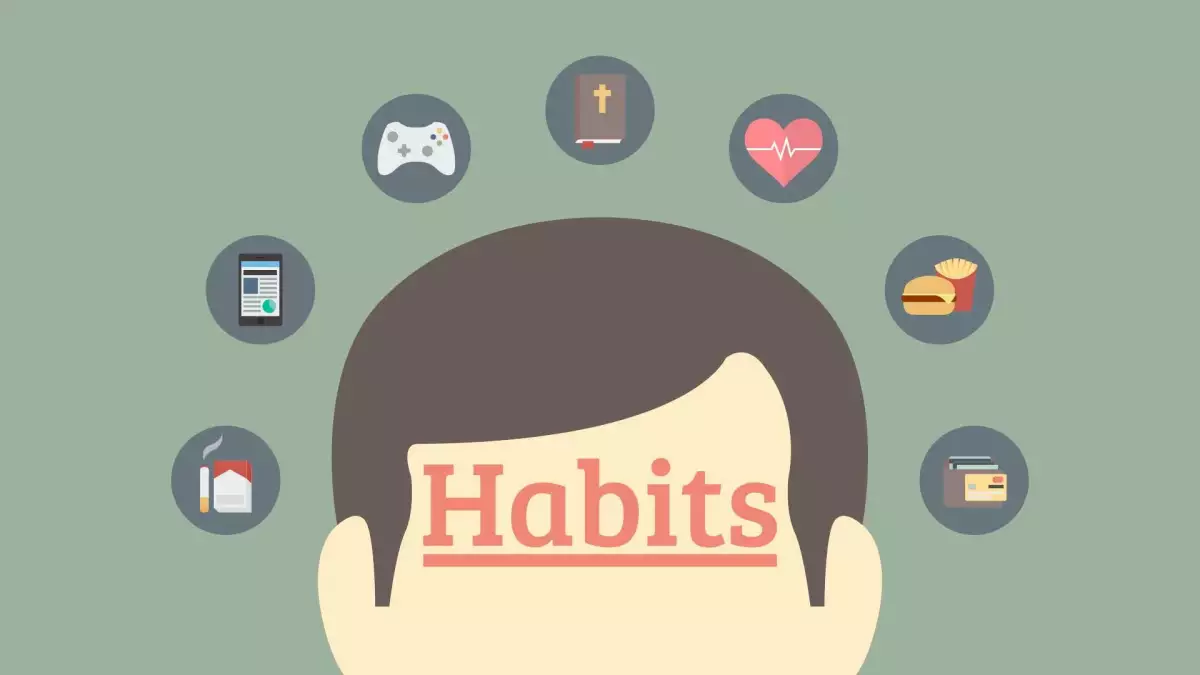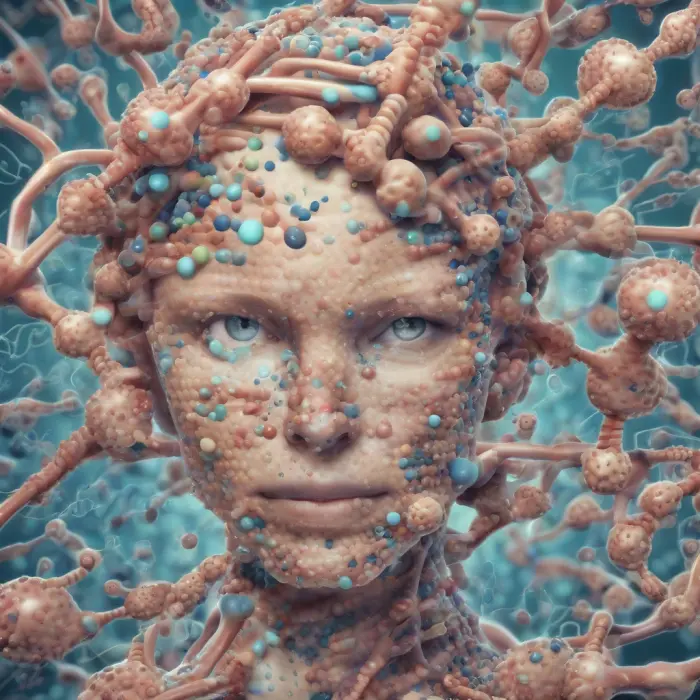Unusual and Fun Facts About the World of Genetics
Genetics, the scientific study of heredity and variation, is a fascinating and rapidly-evolving field. Its depth and complexity extend far beyond the standard discussions of genes, DNA, and inheritance. There are countless interesting and unusual aspects associated with genetics that remain little-known outside of scientific circles. Here are some fun facts about the world of genetics that can pique your interest.
Bananas share 50% of our DNA
Yes, you read that right. Humans share a large amount of their genetic blueprint with the humble banana. This is because all life forms share a common heritage, and have evolved from a common ancestor. Over time, we have evolved in different directions but there are still traces of our shared history in our DNA.
Humans are 99.9% genetically identical
Despite the immense diversity seen in the human population across the globe, from physical appearance to cognitive abilities, genetically we are nearly identical. Our genetic code is 99.9% identical to any other human being. This means that all our individual differences, from height to hair colour, are determined by just 0.1% of our DNA.
The complexity of human genes
A human being is made up of around 30 trillion cells, and each of them (except red blood cells) contains about 6 feet of DNA. If all the DNA in your body was uncoiled and joined end to end, it would reach to the Sun and back, about 600 times!
Every organism has a unique genetic code
Even identical twins, who share the exact same DNA sequence, will have slight variations in their DNA due to environmental factors and random mutations over the course of their lives. That's why forensic investigators can tell identical twins apart through DNA testing. It's also how we can identify individuals in a species, even those as seemingly identical as ants in a colony or trees in a forest.
Genes can turn 'off' and 'on'
We once believed that our genes were like immutable blueprints, fixed from the moment of conception. Now, we understand that genes can be influenced by environmental factors and can activate or deactivate as necessary. This field of study, known as epigenetics, holds exciting potential for medicine and human health, as it may provide new ways to treat diseases by 'reprogramming' genes.
Genes can influence your taste
DNA influences more than just your physical appearance - it can even impact your food preferences. For example, there's a gene that makes some people find cilantro (coriander) soapy in taste.
These are just a few examples of the many surprising and intriguing facts about genetics that await discovery. As scientists continue to explore this vast and complex field, who knows what other secrets we'll uncover about our genetic code? So the next time you contemplate our shared heritage with a banana, remember what a wonder of nature it is to be human!










